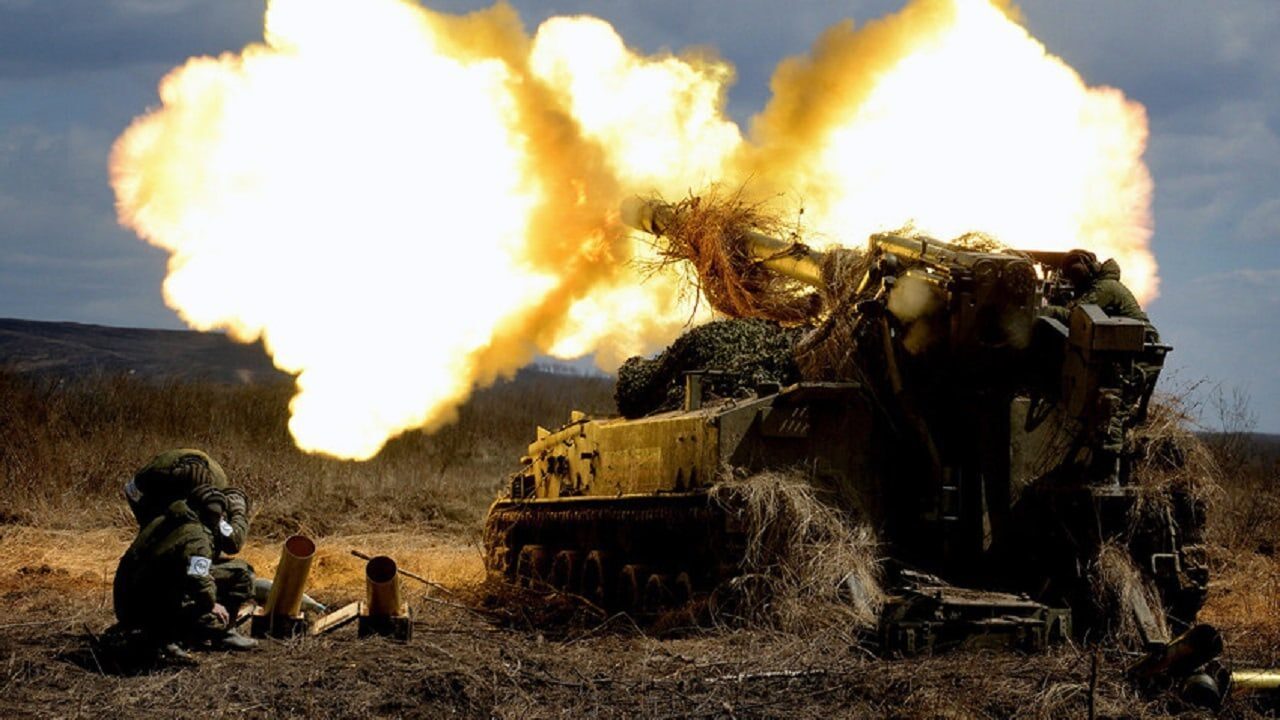Putin’s Ukraine Nightmare Just Keeps Getting Worse: In more than a year of combat, Russian forces have failed to bend the Ukrainian military and achieve any of their operational objectives.
But in 2023, the Russian military hopes to change that.
As such, the Russian forces launched a large-scale offensive a couple of weeks ago in the Donbas in the direction of Bakhmut and Vuhledar.
Despite the high hopes of the Russian leadership, the large-scale offensive hasn’t been going well at all for Moscow.
Big Russian Offensive? Where?
The Ukrainian Main Military Intelligence Directorate has assessed that the Russian forces are lacking the necessary combat power and resources to sustain their new offensive in the Donbas.
The Russian military had been preparing its large-scale offensive for several months. Indeed, since ordering the partial mobilization of the reserves in September, Russian President Vladimir Putin has been envisioning another big push in Ukraine that would finally achieve some of his goals.
Kyrylo Budanov, the chief of the Ukrainian Main Military Intelligence Directorate, recently told Forbes that the large-scale Russian offensive has fared so poorly that it is almost unnoticeable.
The Russian forces have been mainly focusing their offensive efforts against Kupyansk, Lyman, Bakhmut, Marinka, Avdiivka, and Vuhledar.
The Russian high command is waiting to see which assault makes the most progress before committing more troops and resources to exploit any potential operational breakthroughs. But none of the assaults had produced the results the Russian leadership had been hoping for.
The Russian Ministry of Defense was most likely planning to announce the launch of its large-scale offensive after some progress had been made on the ground. But since there has been very little progress but many casualties, the Kremlin hasn’t said anything.
Artillery Shell Shortages
Budanov also said that the Russian military has been experimenting with Iranian artillery shells in an attempt to meet the huge demands of the war.
The Russian military has been using artillery profoundly throughout the war so far, staying true to its history and culture.
At some points in the war, especially in the opening days of the war and in then in the summer, the Russian military was expending around 60,000 artillery shells every day, according to Ukrainian intelligence assessments.
Now, that number has fallen by two-thirds, and the Russian forces average about 20,000 artillery shells a day.
The Russian munition shortages are so pronounced that the Russian military has to ration artillery shells to sustain its most promising offensive operations, such as in the direction of Bakhmut, Lyman, and Vuhledar. But that starves other areas and units of the necessary munitions to support their operations as well as create animosity within the Russian ranks.
The infamous private military company Wagner Group, for example, has been on a collision path with the Russian Ministry of Defense over the latter’s lack of logistical support for the operations of the former.
The lack of artillery shells has forced Russian commanders to adjust their tactics too.
Russian units are now conducting more infantry assaults than mechanized attacks with tanks and armored personnel carriers supported by artillery.
MORE: Is Russia’s Su-57 Felon Stealth Fighter a Total Bust?
MORE: Merkova: Israel Has A Super Tank
MORE: F-35I: Israel Has a Stealth Fighter America Dreams Of
Expert Biography
A 19FortyFive Defense and National Security Columnist, Stavros Atlamazoglou is a seasoned defense journalist specializing in special operations, a Hellenic Army veteran (national service with the 575th Marine Battalion and Army HQ), and a Johns Hopkins University graduate.

